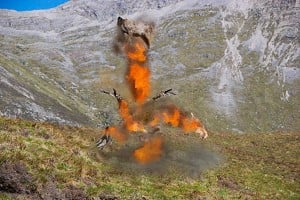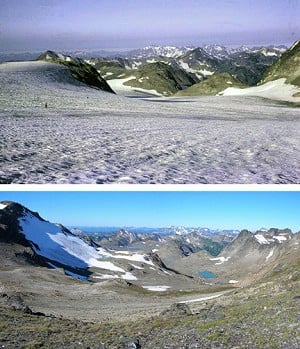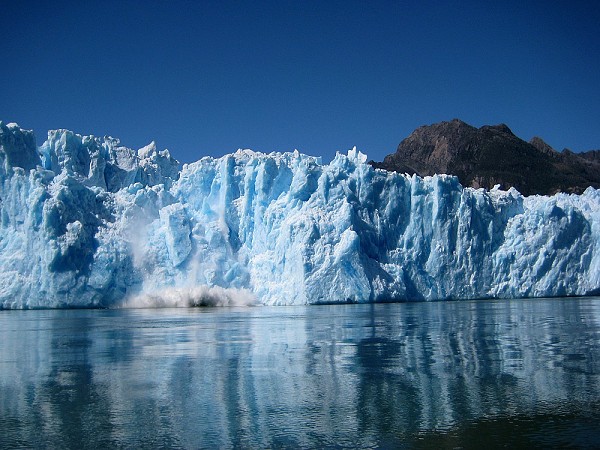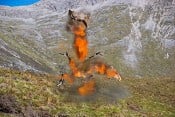

UKC Article: Environmentalism and Climbing: An Uneasy Partnership
In this article Es interviews several climbing companies and well known climbing figures, such as Yvon Chouinard from Patagonia , as well as making his own case for reducing air travel in Europe.
Intergovernmental Panel on Climate Change
Instead of preaching that we should all cycle to Ceuse, Es takes a more realistic view of what is possible, what needs to be done and how we can do it; using real world examples of other climbers, skiers and mountain guides that have made a shift in their habits to a more sustainable lifestyle.
He states: "Of all the things we do in climbing, travelling by plane has by far the biggest impact."
The overall message of the article is summed up nicely by Patagonia founder Yvon Chouinard:
“For me there's no difference between a pessimist who says; “it's all over don't bother doing anything” and an optimist who says; “oh it's all going to be fine don't bother doing anything”. Either way nothing gets done.”
For those of you who are interested in travelling to the Alps this summer, Es has drawn a comparison table of carbon emissions - see below:
Example Carbon Emissions - Travel to Chamonix
| Carbon dioxide equivalent emissions | |||||
| Journey | Distance | By car | By train | By aeroplane | By bike |
| Sheffield to Chamonix return | 2720 km | 490 kg (per car)* | 163 kg (per passenger) | 904 kg (per passenger) | ~ 0 kg |
| 10km return journey to the climbing wall, 40 times per year. | 400 km | 72 kg (per car) | Na | Na | ~ 0 kg |
Read the full article: Environmentalism and Climbing: An Uneasy Partnership
Other recent climbing Environmental reports:
The above table is based on the following assumptions:
-
Average UK car CO2 emissions of 180g CO2/km (http://www.carpages.co.uk/co2/)
-
Emissions from long-distance rail travel of 60g CO2 per passenger km (Defra)
-
Emissions from air travel of 175g CO2 per passenger km (Defra), with a multiplying factor of 1.9 applied to take into account the other greenhouse gas emissions associated with aviation**















Comments